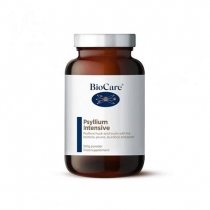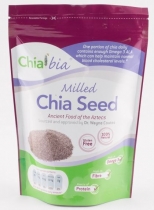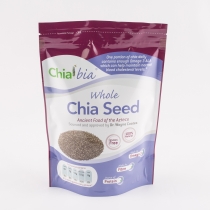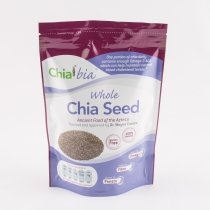Fibre supplement
Are you getting enough fibre in your diet? Most people probably think they are but according to the National Adult Nutrition Survey 80 % of Irish people are not consuming the recommended amount of fibre in their diet.
The INDI (Irish Nutrition and Dietetics Institute) recommends that Irish adults need between 25 and 35 g of dietary fibre a day to keep our digestive systems working smoothly. That’s the equivalent to eating 10 bowls of porridge, which is quite a lot of porridge to be eating in one day.
Sources of fibre
So, how do I get my recommended daily allowance of fibre you might ask! There are a few different ways to easily increase fibre in the diet. One of the easiest ways is to use supplements that are very high in fibre such as Psyllium husk, glucomannan, FOS,inulin, flax and hemp seeds powders.
Different types of fibre
There are various types of dietary fibre including cellulose, resistant starch, hemicelluloses, oligosaccharides (including FOS), pectins, gums ( β-glucan), dextrins and lignin.
There are 2 main types of fibre, soluble and insoluble fibre each with its own different effects.
Soluble fibre = Dissolves in water to form a gel like substance when eaten. This in turn slows down digestion while also making you feel fuller for longer, which is great for starving of those food cravings. Soluble fibres ability to soak up excess water means it helps to bulk up your stool, helping preventing against constipation and diarrhoea.
Insoluble fibre =Dose not dissolve in water and the body lacks the necessary enzymes to digest it, so it acts as bulking agent and lubricant in our gut speeding up the digestive process to relieve constipation.
Health benefits of fibre
Consuming the right amount of fibre is important for people who suffer from any form of digestive problems such as diverticulitis, IBS, and also diabetes and heart disease.
Digestion and Elimination =Adequate fibre helps to normalize bowel movements reducing the risk of constipation and diarrhoea.
Hearth disease = According to recent research people who have high levels of fibre in their diet are less likely to suffer hypertension or metabolic syndrome. As fibre reduces the absorption of cholesterol.
Blood sugar levels =Fibre especially soluble fibre is important for people with diabetes, as it can slow the absorption of sugar and help reduce blood sugar level spikes.
Pre-biotic = Fibre supplements act as a food source for some of the good bacteria in our gut suppling them with the nutrition they need to grow.
Note that a sudden increase of fibre may cause abdominal bloating and excess gas build up, so the key is to gradually increase your intake over 2 weeks.













